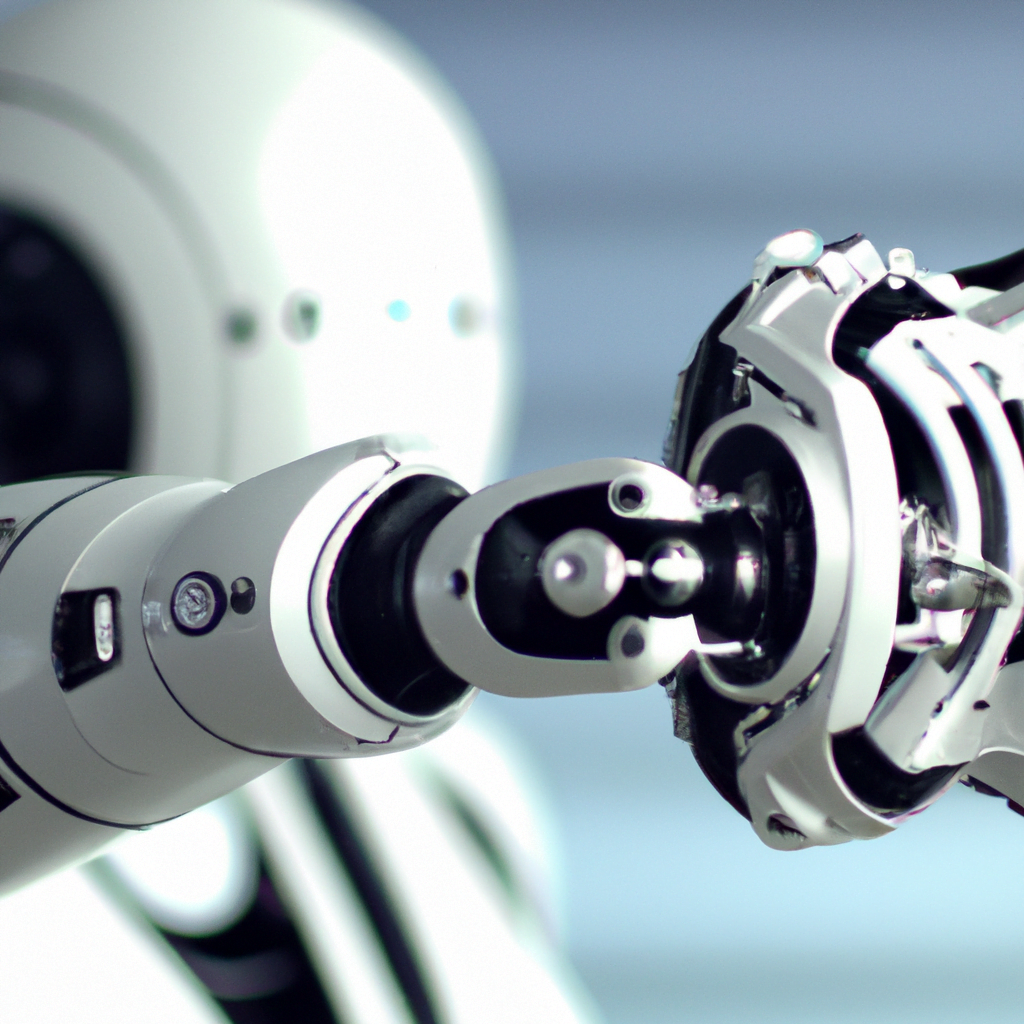Chatbots
Chatbots are a practical application of the AI techniques we have discussed, particularly large-language models. They are trained on vast amounts of information sourced from the internet and can respond to text prompts with conversational-style responses.
One of the most famous chatbots is ChatGPT, developed by OpenAI, a San Francisco-based company supported by Microsoft. ChatGPT was initially launched as a simple website in November 2021, and it quickly became a sensation, attracting over 100 million users within two months.
ChatGPT is capable of providing plausible-sounding answers to questions, though its responses can sometimes be inaccurate. Additionally, it can generate poems, summarize lengthy documents, and even draft essays, much to the alarm of some educators.

To add to that, chatbots like ChatGPT use a form of natural language processing (NLP) called transformer models, which allow them to generate responses that are more coherent and human-like than earlier generations of chatbots. The transformer model is based on the idea of attention, where the model can selectively focus on different parts of the input text to generate a response.
These chatbots are also capable of learning from their interactions with users, through a process called fine-tuning. This involves training the model on a specific task or domain, such as customer service, so that it can generate more accurate and relevant responses.
While these chatbots have made impressive strides in recent years, they still have limitations. They may struggle with understanding context and sarcasm, and can sometimes produce inappropriate or biased responses if the training data contains such biases. As with any AI technology, it is important to use them with care and consider their potential impact on society.
Chatbots and other AI systems are designed to recognize patterns in data and generate responses based on those patterns. While they can be very effective at mimicking human behavior and generating plausible-sounding responses, they do not have true understanding or consciousness, and their outputs should always be taken with a grain of salt.






